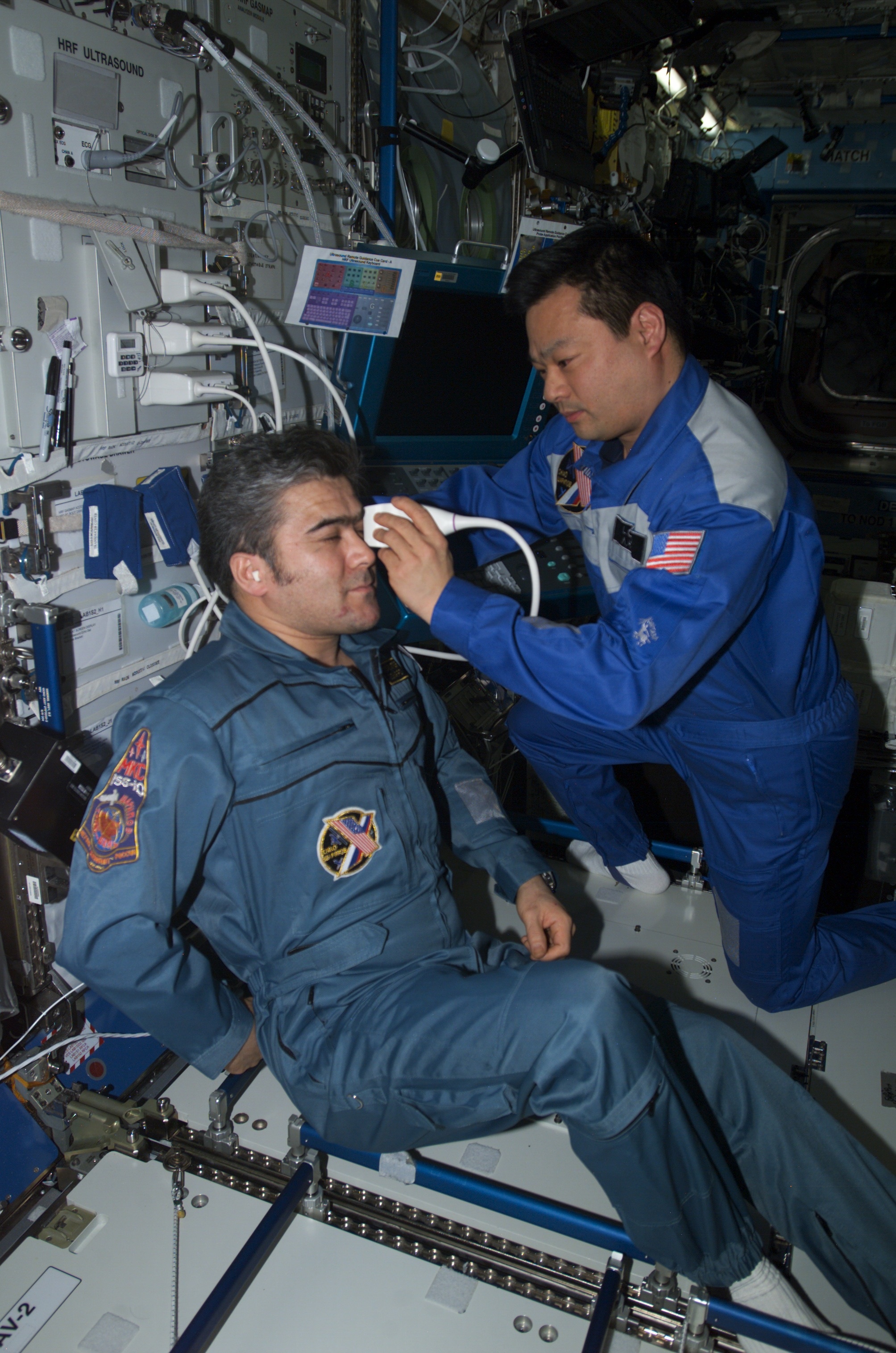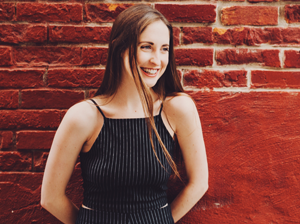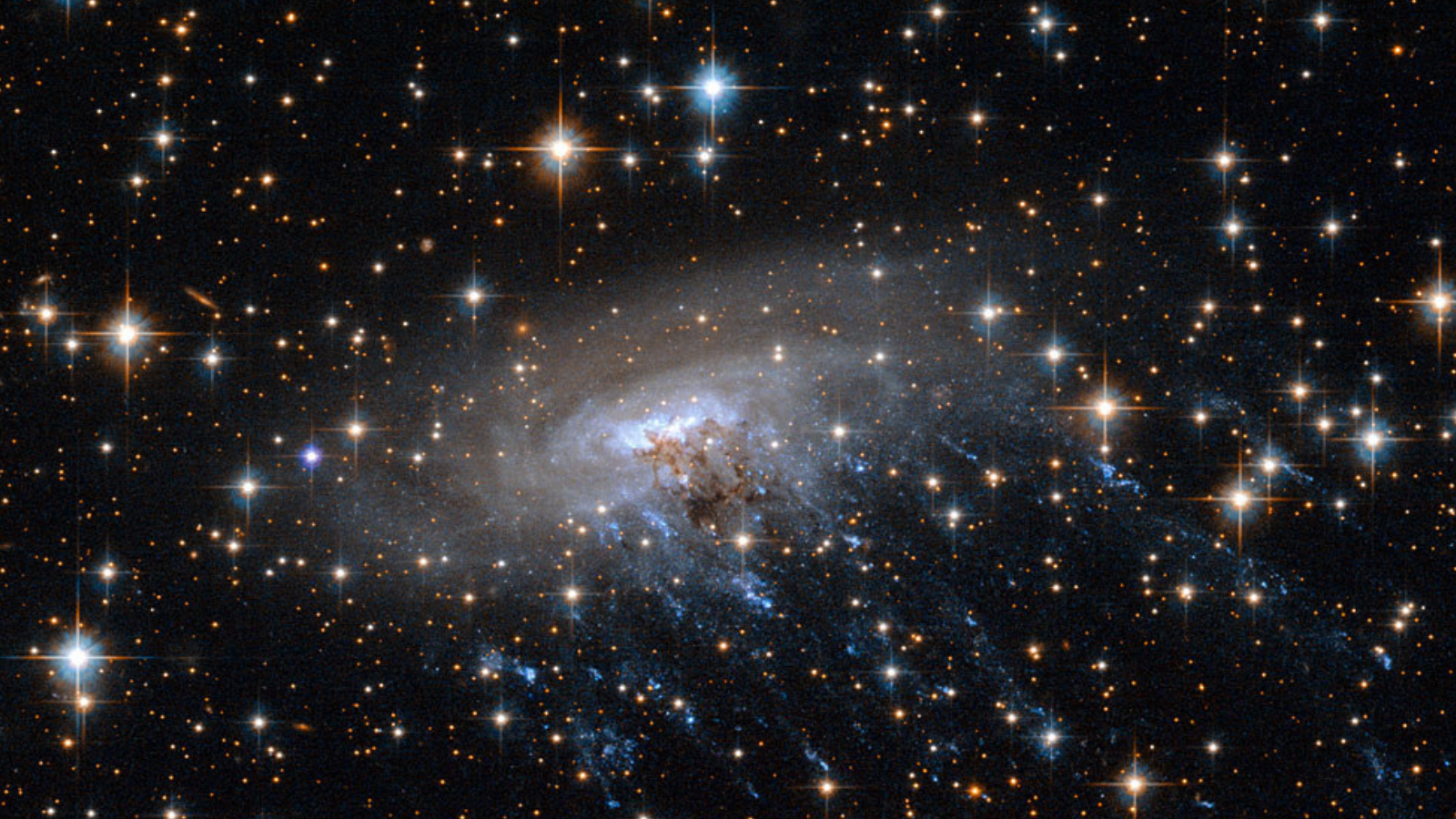
The Space Age and a New Age for Health Care: The Technology of Saving Lives (Op-Ed)

Breaking space news, the latest updates on rocket launches, skywatching events and more!
You are now subscribed
Your newsletter sign-up was successful
Want to add more newsletters?

Delivered daily
Daily Newsletter
Breaking space news, the latest updates on rocket launches, skywatching events and more!

Once a month
Watch This Space
Sign up to our monthly entertainment newsletter to keep up with all our coverage of the latest sci-fi and space movies, tv shows, games and books.

Once a week
Night Sky This Week
Discover this week's must-see night sky events, moon phases, and stunning astrophotos. Sign up for our skywatching newsletter and explore the universe with us!

Twice a month
Strange New Words
Space.com's Sci-Fi Reader's Club. Read a sci-fi short story every month and join a virtual community of fellow science fiction fans!
Mackenzie Thompson manages marketing and mission fulfillment initiatives with the Disque Foundation and the Save a Life Initiative, which help communities learn lifesaving techniques like CPR — a valuable skill to have both on Earth and in space. Thompson contributed this article to Space.com's Expert Voices: Op-Ed & Insights.
If you want to touch a product of the Space Age, reach for your pocket or purse. Take out your smartphone or tablet, whose features are some of the many inventions created by NASA. Touch the screen of your mobile device, in which tools such as GPS, weather reports, live video transmissions, internet connectivity and images of the Earth are the result of a network of low-orbiting satellites.
None of these things would be possible — and few, if any, would be affordable — without the nation's space program. Indeed, before these things became part of everyday life, they were the stuff of science fiction — props used by astronauts in "2001: A Space Odyssey," among other films, to depict a future of revolutionary (albeit mostly large) computers and consumer electronics. [NASA's Top 10 Innovations (Countdown)]
The revolution is alive and well in the real world, thanks to the efforts of designers and programmers. They not only seek to make the theoretical practical but also see that abstract discoveries are applicable to solving challenges for millions of people worldwide. They understand that the applications we use are the very reason we own these handheld devices in the first place. They know what everyone should know and appreciate: that we cannot revolutionize our world if we do not encourage others to explore the many worlds (and wonders) of space.
This rule also governs positive changes in health care. I write these words from experience, given my involvement with an app like MediCode, which makes it easy for physicians, paramedics and nurses to save lives. The algorithm responsible for this tool is proof of the power of science, technology, engineering and mathematics. It confirms that how we communicate is, in large part, a product of space-based communications systems — that what astronauts do in the heavens relates to what first responders do on the ground.
To readers, I say: Let us ensure the longevity of the space program by making sure we do a better job of educating the public about the value of the products and services we value most, many of which would not exist without NASA and those bold enough to explore space. Let us invest in knowledge, period, so we do not have to repeatedly defend what should be obvious to all: that we must give space to space, so to speak. We must provide the means for scientists, researchers and astronauts to launch and manage missions to space.
The lives we save from an app apply directly to the lifeblood of the space program. The two are inseparable, as they should be, because what happens in space leads to advances here on Earth. From their worth as issues of pure science to their potential to improve medical science, the Space Age is the precursor to a new age of health care.
Breaking space news, the latest updates on rocket launches, skywatching events and more!
The evidence of that assertion rests with your ability to tap, touch or swipe the screen of the device at your disposal.
Follow us @Spacedotcom, Facebook or Google+. Originally published on Space.com.

